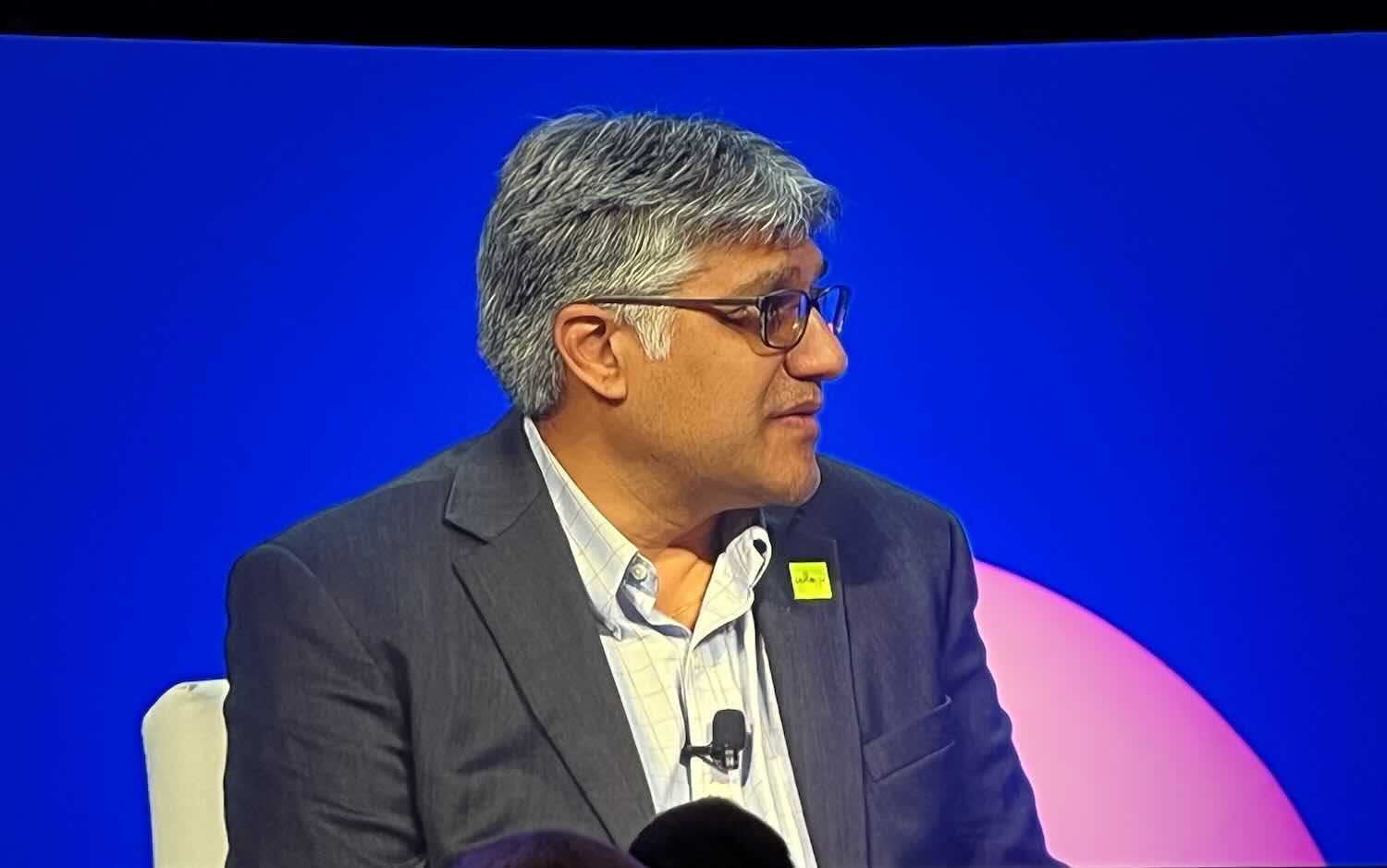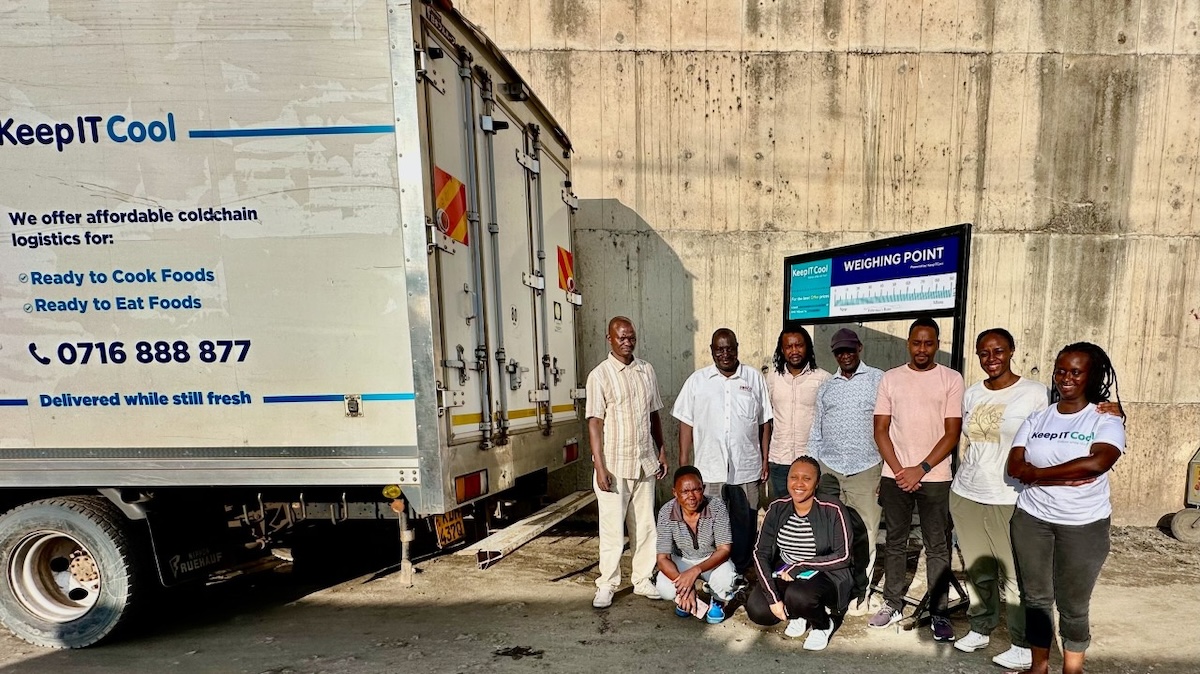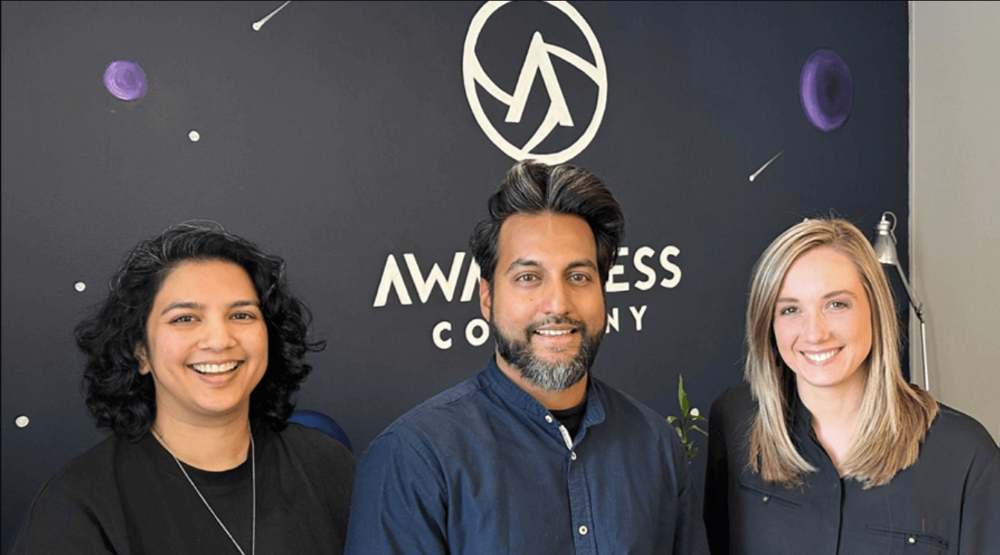Once again, impact investors that are quick to tout their success stories have gone silent when one of their portfolio companies blows up. Federal prosecutors in New York last month charged Joanna Smith-Griffin, CEO of AllHere Education, the AI-powered edtech company that filed for bankruptcy in August, with securities fraud, wire fraud and aggravated identity theft.
“Unfortunately, as a registered investment advisor we are unable to comment on specific investments,” ReThink Education’s Amy Nelson told ImpactAlpha by email. ReThink led Boston-based AllHere’s $4 million seed financing in 2020 and appointed two members to AllHere’s board.
Smith-Griffin, was once the model for an impact founder. A Harvard grad, former Boston charter school teacher and Forbes “30 Under 30” selection (she’s now 33), Smith-Griffin also attracted financing from Gratitude Railroad and Boston Impact Initiative, along with Spero Ventures. AllHere, which built an app to tackle student absenteeism, was an early adopter of AI and had secured large contracts with school districts – or so it seemed.
In 2021, the company raised another $8 million in a Series A round led by Spero Ventures, which also took a seat on AllHere’s board.
Prosecutors with the US Attorneys Office for Southern District of New York, along with the FBI, allege that Smith-Griffin misrepresented AllHere’s revenue, customer base and cash to investors. In 2021, Smith-Griffin told potential investors that AllHere had earned around $3.7 million in annual recurring revenue the previous year; the company had actually only earned about $5,400 in such revenues, according to the indictment.
She also claimed the company had $2.5 million in cash; it had less than $500,000. And those major school district clients in New York City and Atlanta? The company did not have those contracts.
The feds allege that Smith-Griffin used some of the financing for wedding expenses and a downpayment on her house.
“Her alleged actions impacted the potential for improved learning environments across major school districts,” according to the FBI’s field office New York. Smith-Griffin, it added, “exploit[ed] the promise of educational opportunities for our city’s children.”
Boston Impact Initiative’s Betty Francisco told ImpactAlpha, “I am not able to comment given the pending federal case.”
Wire fraud
The federal indictment of Smith-Griffin continues a series of fraud charges against social enterprise founders. In July, Jake Soberal and Irma Olguin Jr., the former co-founders and co-CEOs of Fresno, Calif.-based tech upskilling and real estate company Bitwise Industries, pled guilty in federal court to wire fraud and conspiracy to wire fraud. They face up to 40 years in prison and fines up to $500,000.
Bitwise had likewise been an impact darling, winning praise for its ability to bring low-income and minority residents into high-paying tech jobs and to revitalize neglected communities with real estate development. It raised tens of millions of venture capital funding from impact investors, including Kapor Capital, whose founder Mitch Kapor had a board seat. Mitch and his wife Freada Kapor Klein were among Olguin Jr. and Soberal’s biggest advocates, highlighting them in their book, “Closing the Equity Gap: Creating Wealth and Fostering Justice in Startup Investing.”
Kapor Klein told The Information last year, “The picture of Jake and Irma that is emerging now…bears no resemblance to how they have presented themselves to me and to others for many, many years.”
The Ford Foundation (also an investor in ImpactAlpha) and Laurene Powell Jobs’ Emerson Collective were early investors in Ozy Media, whose CEO Carlos R. Watson, Jr. was convicted this year of a multimillion fraud scheme that included misrepresentations of the company’s financial condition, business relationships, and fundraising efforts and “inflat[ing] Ozy Media’s annual revenue by at least 100 percent,” according to the charges.
The failures of AllHere, Bitwise and Ozy put a spotlight on impact due diligence and the cult of founders that can often sway investors. Could investors have been more vigilant in monitoring the company in which they invested and sat on the board of?
One fund formation lawyer, speaking generally, suggested impact VCs may not be rigorous enough in their due diligence and ongoing monitoring of portfolio companies.
“Maybe they’re backing the founder, or they’re seduced more by the mission rather than the company,” the lawyer said, speaking on the condition of anonymity. “They have to do all the impact analysis and avoided-emissions and [sustainability] reporting on top of all that [normal due diligence and monitoring].”
It is not surprising, the lawyer added, that standards for due diligence and monitoring may slip under these circumstances. Yet the due diligence stakes are even higher for impact VCs – when their companies fail due to fraud and financial mismanagement, their entire impact mission can be undermined or discredited.
A case study of ReThink Education’s investment in AllHere, prepared earlier this year by Tideline and Impact Capital Managers, found that Rethink’s integrity as an impact investor was critical when AllHere executed a strategic pivot.
“ReThink’s suggestion to develop strong ethical guidelines, along with the firm’s reputation for impact integrity, was critical to building trust with AllHere’s stakeholders around the use of conversational AI in child education settings,” the case study concluded.












